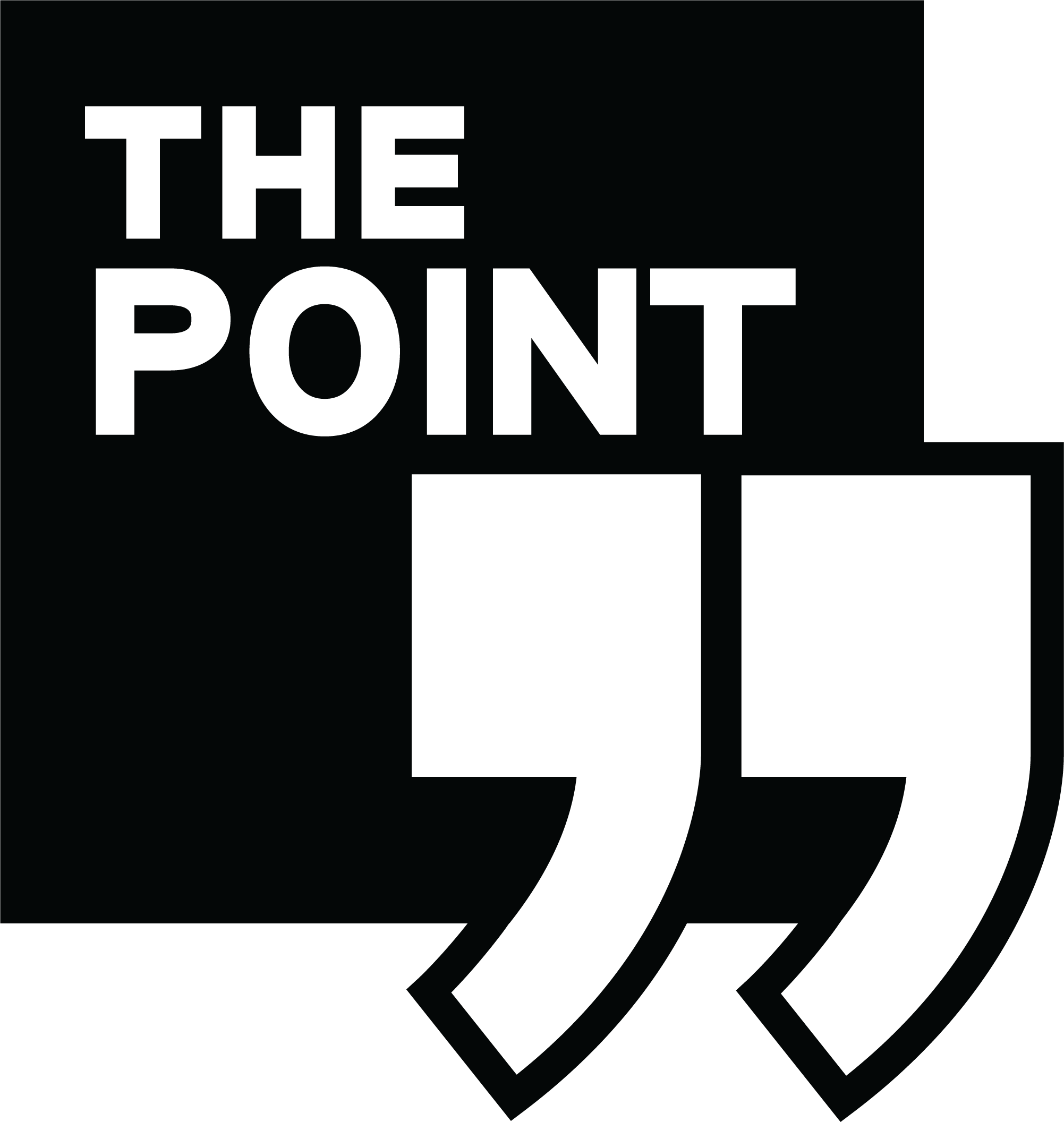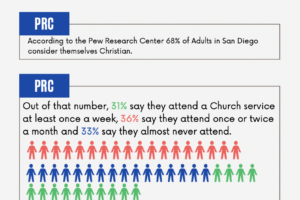In a previous installment of The Point, history professor Dr. Rick Kennedy explained the concept of ‘humblethink’ and why it’s so important that liberal arts institutions like PLNU preserve this traditional method of scholarship and learning. Humblethink is not simply accepting facts. It is a logical process that helps us to understand why tradition and information passed on to us is both trustworthy and important. Humblethink is also our best tool for maintaining a healthy amount of skepticism in all our academic pursuits. Serving as a reliable guide, it prevents us from getting lost in the drudges of bad questions and losing sight of our original purpose – discovering Truth.
For a quick refresher, humblethink is an approach to knowledge, especially knowledge passed on to us through tradition, making it vital to trusting ancient texts like our Bibles. The first step, as outlined by Kennedy, is ‘faithcraft.’ In this step, we are to have faith that the knowledge handed on to us is credible. The second step is “collecting pollen,” as Kennedy terms it. This is the stage where we gather the facts about a particular issue, question or tradition. Here we ask, ‘Who says what?’ Thirdly, we find harmony in what each voice says. This is tying together the ‘Literature Review’ for my fellow researchers and seeing what is largely considered true and false. Finally, we take the information considered factual and give it authority. This allows us to accept the information as truth and build from there. However, it also means that we accept their conclusions even if it is counter to our personal preferences. It is “submitting” to authority.
Many of you may ask why any of this is important. More of you may argue that it is entirely unhealthy to simply submit to traditional facts. “We must examine everything for ourselves!” becomes the battle cry, a war song instilled in us from our first freshmen class. We are taught to question authority, find truth for ourselves and think independently. This is the basis of skepticism.
Skepticism is important. Dr. Kennedy defends it. Without skepticism, we would be uncreative in-the-box thinkers incapable of progress. But unbridled skepticism leaves us standing on water and building on nothing. In our quest for personal truth, we may over-examine everything until the very idea of universal Truth is in tatters. We must also consider that it may be arrogant if we 21st century millennials completely abandon the long-held conclusions of our predecessors simply because they don’t fit into our worldview. This is the extreme of skepticism, a post-modern analysis that makes truth entirely relative to the individual. Truth becomes ‘whatever you want it to be.’ Here lies the importance of humblethink.
In our research, studies and defense of Christianity in an increasingly skeptical and secular world, we must remember that we really do want Truth that’s outside ourselves. With Truth, we can defend our work and our faith from skeptics, understand our place in society better and build up our community rather than tear it down.
Consider why we accept information from textbooks as fact: generally because it comes from a trustworthy source, it is built upon previous knowledge and our authorities (in this case, our professors), also seem to accept it. We believe it and move on with that information to build upon. We can approach the traditions and historicity of our faith, and our laws and societal norms, in a similar fashion. By first mastering humblethink, we then have a foundation to honestly question the information handed to us for Truth’s sake rather than our own.
As a student here at PLNU and as a growing Christian, I am troubled by our increasing disregard of the ancient and our emphasis as a culture on individual satisfaction. Together they combine to create an unhealthy distrust of inherited wisdom for the sake of personal truth. Are the questions we ask only benefiting ourselves or really seeking after the Truth? Do we disregard tradition because it doesn’t jive with our desires? Kennedy wasn’t simply ranting about the value of tradition – he was reintroducing an old logical process that helps us trust our Bibles, traditions and build upon our faith and work. So let’s remember that skepticism for skepticism’s sake doesn’t make us intelligent and creative thinkers – just pedantic scholars.
Betkey is a senior political science student with a minor in history.







